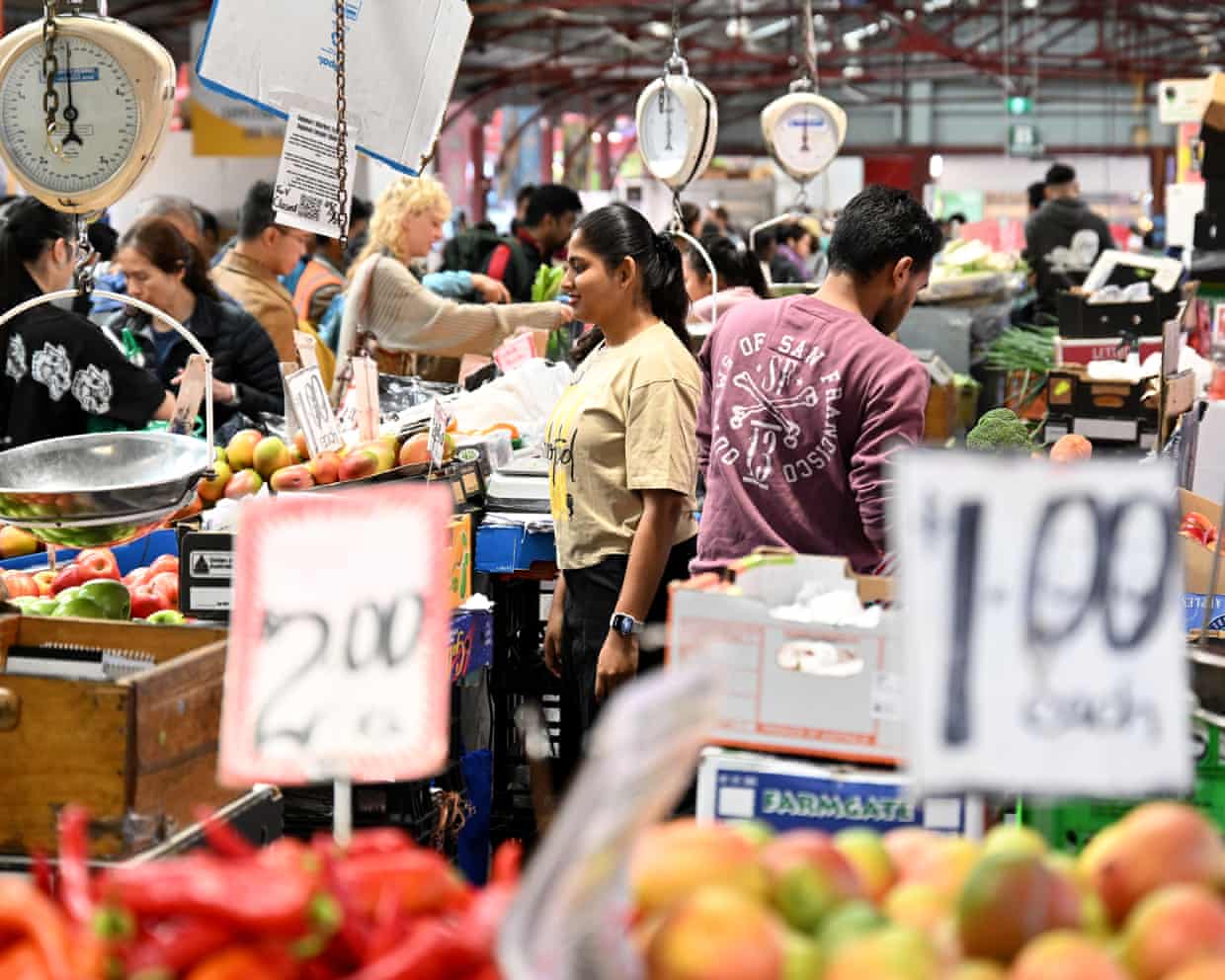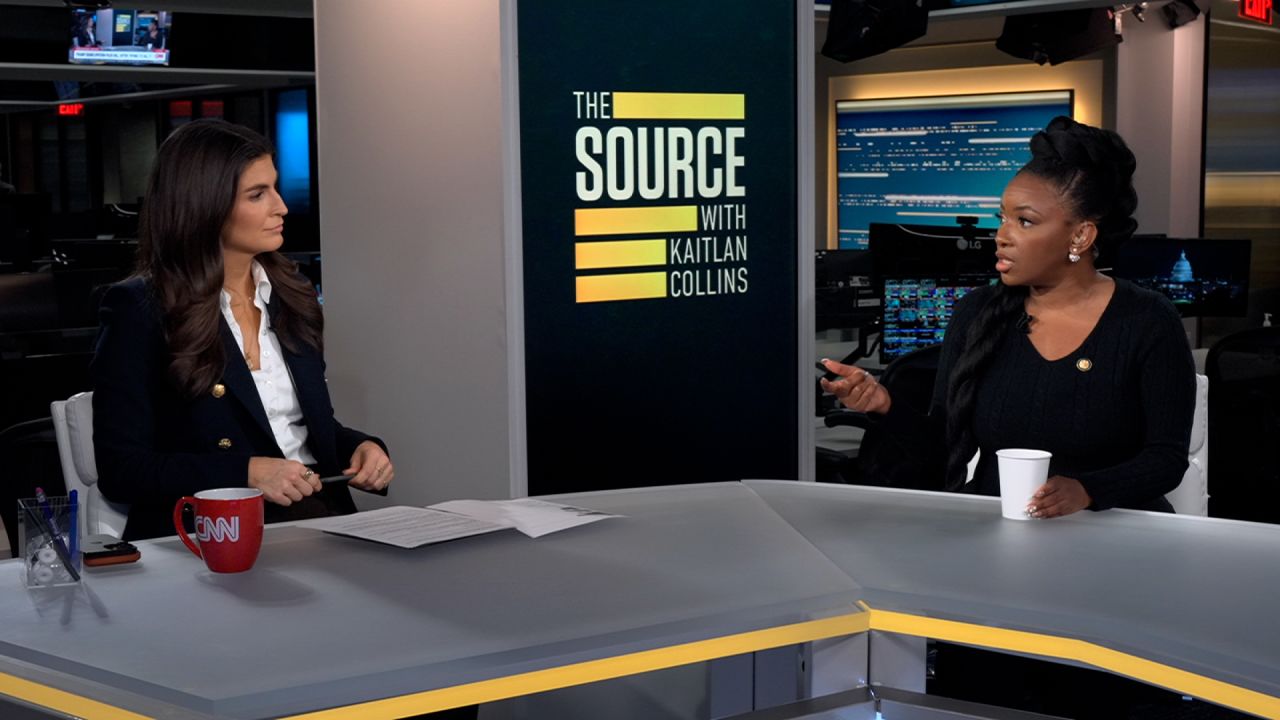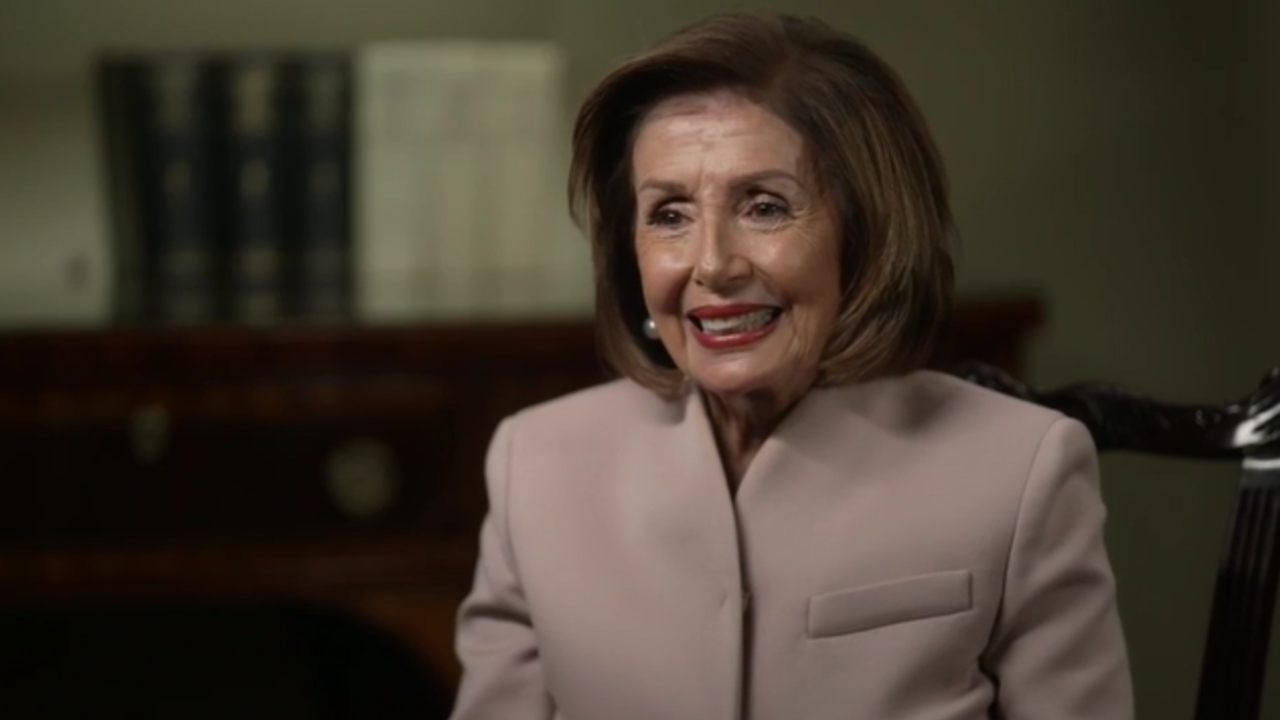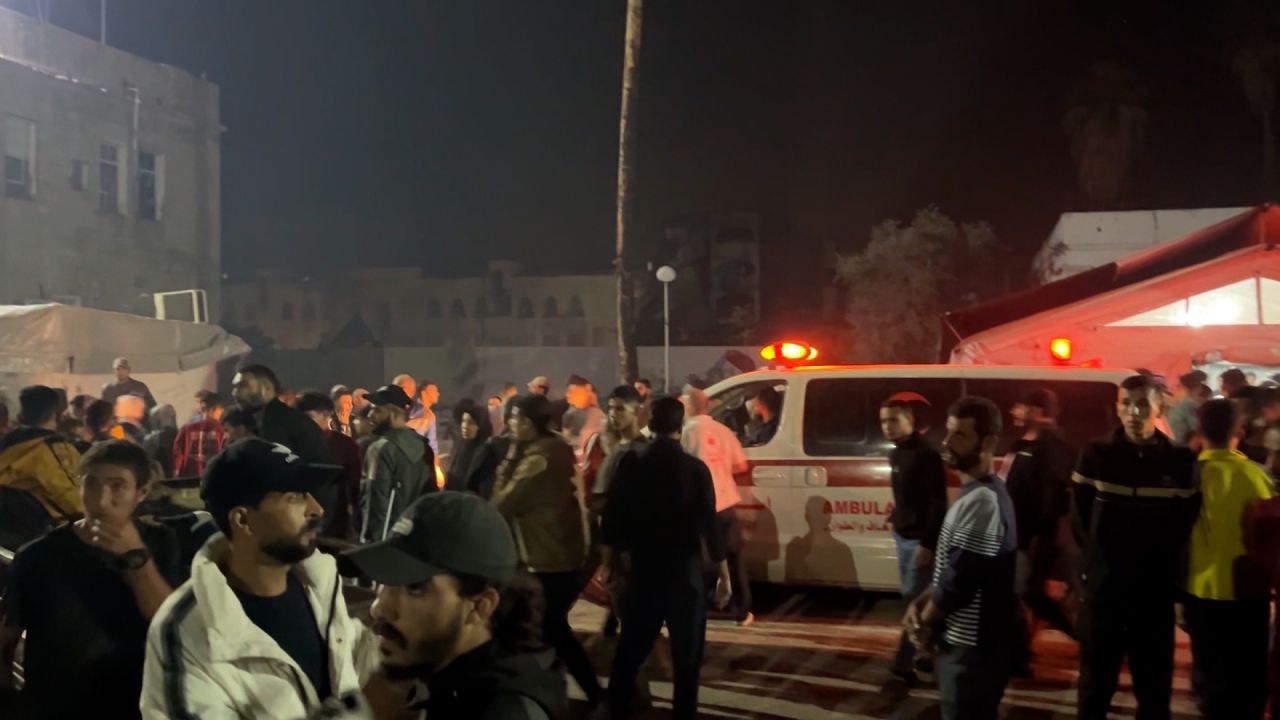Migrants Demand Greater Inclusion in Australia’s Decision-Making

Australia’s multicultural landscape is increasingly being scrutinized as migrants voice their concerns over representation in decision-making processes. Recently, Shadi Khan Saif highlighted that while cultural celebrations abound, deeper inclusion remains elusive. Migrants are calling for more than mere acknowledgment; they seek the opportunity to actively influence policies affecting their communities.
The essence of multiculturalism in Australia is often portrayed through vibrant festivals and cultural showcases. However, many migrants feel that these surface-level celebrations do not translate into meaningful participation. This sentiment has grown stronger, with calls for action resonating across various communities. Migrants argue that without a genuine platform for their voices, the concept of multiculturalism risks becoming mere tokenism.
Many migrants express frustration that their contributions and perspectives are often sidelined in critical discussions. “If we are to be considered a part of this society, our input should matter beyond cultural festivities,” one community leader stated. This desire for involvement extends to both local and national levels, where policies directly impact their lives.
In recent years, Australia has seen an influx of migrants from diverse backgrounds, enriching the nation’s cultural fabric. However, this demographic shift has not been matched by an increase in representation within political and social frameworks. As of 2023, statistics indicate that migrants make up approximately 30% of Australia’s population, yet their influence in decision-making remains disproportionately low.
This disparity raises important questions about the effectiveness of current multicultural policies. Critics argue that while inclusivity is celebrated, without a mechanism for genuine engagement, it risks becoming superficial. Many community advocates are calling for reforms that would ensure migrants have a seat at the table when crucial decisions are made.
Moreover, the disconnect between cultural recognition and political representation can lead to feelings of alienation among migrants. It is essential for policymakers to acknowledge that inclusion is not just about celebrating diversity but also about empowering diverse voices. Migrants are increasingly demanding that their experiences and insights inform policy, ensuring that multiculturalism is not just a concept but a lived reality.
Community organizations are taking the lead in advocating for these changes. They emphasize the importance of building bridges between migrant communities and governmental bodies. Initiatives aimed at fostering dialogue and collaboration can pave the way for more inclusive practices. By creating spaces where migrants can share their stories and propose solutions, Australia can move closer to achieving true multiculturalism.
In conclusion, the call for greater inclusion in decision-making processes is a vital step toward a more equitable Australia. As the nation continues to celebrate its diverse heritage, it must also ensure that all voices are heard and valued. Only then can multiculturalism evolve from surface-level celebrations to a robust, participatory framework that genuinely reflects the richness of its society.






